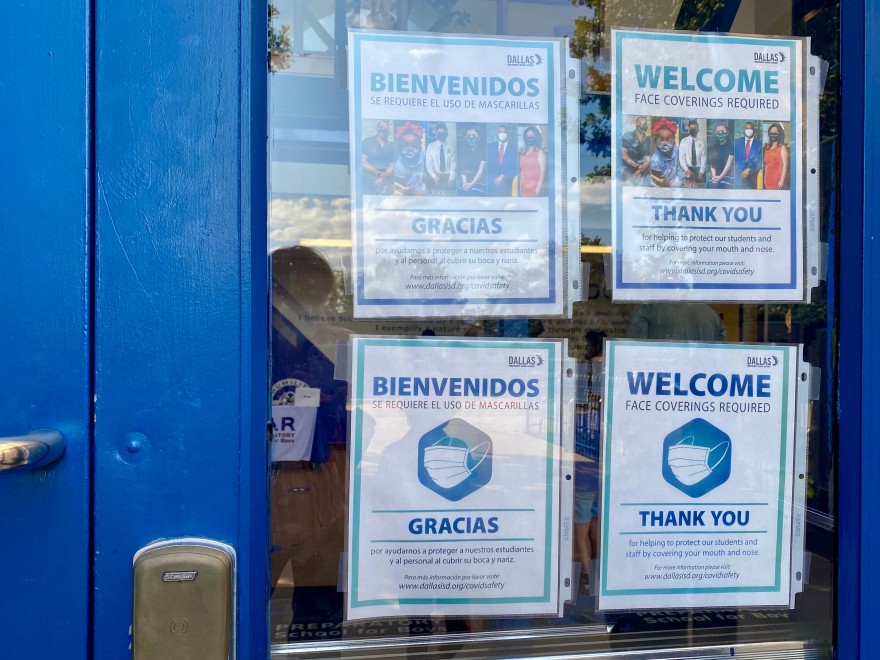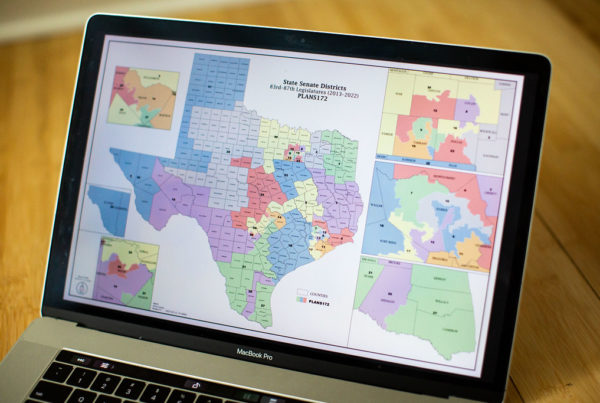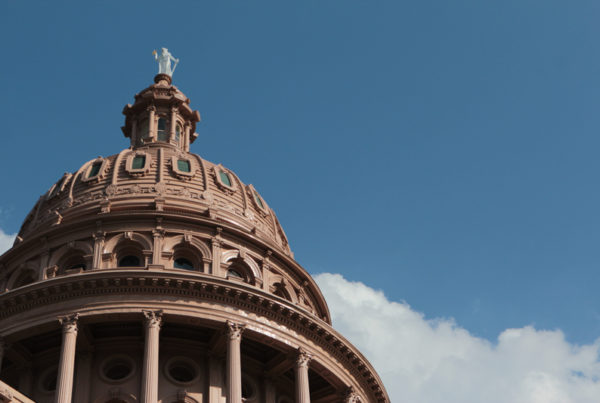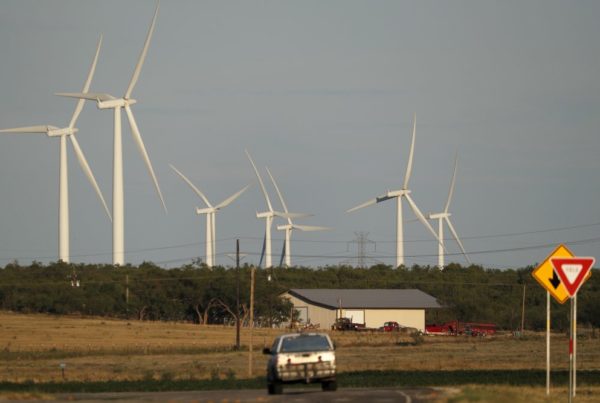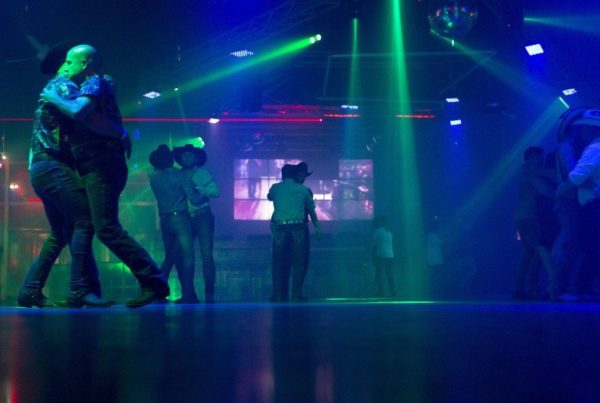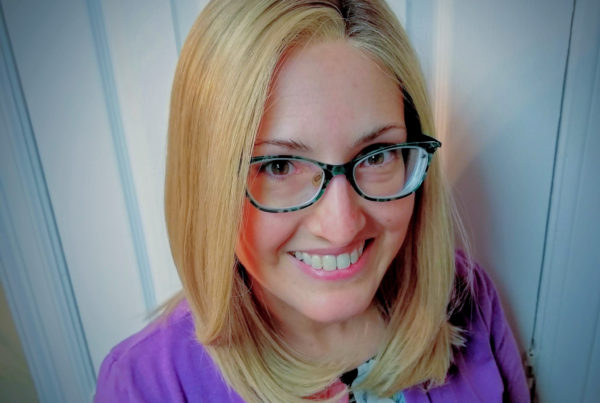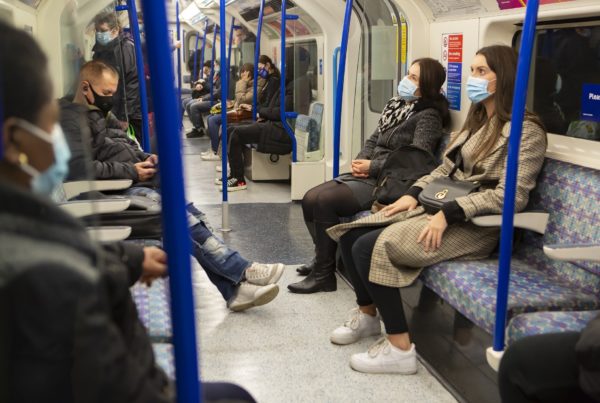From KERA:
Back to school is usually an exciting time for Xochitl Rodriguez and her 7-year-old daughter.
This year feels different. Rodriguez was devastated when her daughter’s El Paso school district announced it would start back fully in person — without a remote learning option — and wouldn’t require masks.
“How do you hurt a mom in a heartbeat? Make it impossible for her to make a decision she knows is right for her kid,” Rodriguez said.
Her daughter’s medical history puts her at a higher risk of complications from COVID-19. They have been extremely careful for the last year and a half, and wanted to keep taking every precaution until her daughter can get vaccinated. Right now, coronavirus vaccines are not approved for children under 12.
Rodriguez, a single parent with a full-time job, looked into other options: private school, a virtual charter, homeschooling.
“I thought in my mind I could wake up at like 4:00, get a few hours of my computer work in, schedule some meetings, school her for six hours and then get more computer work in,” Rodriguez said.
Ultimately, none of those options really worked. Her daughter gets special education services for dyslexia through the public school system and it just wasn’t clear what those services might look like in another setting. Paying for private school plus a private tutor was out of reach financially.
So Rodriguez worked to get her daughter mentally prepared for the start of in-person classes — to be enthusiastic about school but also vigilant about mask use.
She said tries to be honest with her child, butsometimes feels forced to lie. At one point, her daughter started panicking about what might happen if she got the virus at school.
“I’m not going to lie to her and say she’s not going to get COVID,” Rodriguez said. “I just said, ‘if you get COVID, it’ll be OK.’ Which may also still be a lie. But I mean, she had to go to school, right?”
Rodriguez said she just wanted to make sure her daughter “wasn’t scared out of her mind.”
“That’s my job, to worry and carry it all. Not hers,” she said.
Questions Mount As Cases Rise
Across Texas, parents and caregivers are grappling with these difficult conversations and questions.
COVID-19 cases and hospitalizations are surging as the more highly contagious delta variant spreads. More children are testing positive for the virus. In some parts of the state, more children are ending up in the hospital.
At the same time, Texas leaders have scaled back safety measures.
Currently, the state will not provide funding for remote learning, limiting what options some school districts can offer.
The Texas Education Agency recently released new guidelines saying schools don’t have to conduct contact tracing if a student tests positive for coronavirus, though some school districts say they will continue voluntarily.
Gov. Greg Abbott has banned public school districts from issuing mask mandates, despite current recommendations from the CDC that all students, teachers and staff in K-12 schools wear masks.
“Face masks work,” said Jose Luis Salas, the infection control director at El Paso Children’s Hospital. “That’s the way to prevent the transmission of COVID-19.”
Contact tracing is also a vital part of controlling a virus that some infected people can spread without presenting any symptoms, he said.
“Somebody falls through the cracks and is not notified … and they might not know, not show any signs or symptoms yet. With the new variant, they could easily be contagious and spreading it,” Salas said.
Already, some of the state’s largest school districts are defying Abbott’s order and requiring masks, including Austin, Dallas, Houston and Fort Worth.
Other districts are still considering mask mandates. So far, El Paso’s largest school districts have not issued mask mandates.
‘Stuck In A Situation That Isn’t Optimized For Their Health’
The lack of a mask mandate concerns Elinora Price, a health researcher whose son attends an El Paso ISD elementary school.
She sent him back into the classroom last spring, when schools required and enforced masking. Now, she fears counting on her second grader to keep himself safe.
“Relying solely on small children — you know, we’re talking under 12 for the kids who are the most vulnerable right now because they can’t get vaccinated yet — to self-police and not succumb to peer pressure and to self-remind, that’s a big ask for little kids,” Price said.
Her son’s school was already back in session when the TEA released its new guidelines, which didn’t require the kind of health protocols she’d been expecting.
“I had an understanding going in. And day after day, I find out one more safety measure is not in place,” she said.
Price said she hasn’t been able to get clear information on what criteria the school or district are using to determine if someone is considered a high risk or close contact after someone on campus tests positive for COVID.
“I still don’t know whether I would actually find out if my kid was exposed and that to me is really alarming,” she said.
EPISD spokesperson Melissa Martinez told KERA News that the district follows contact tracing guidelines set by local health authorities, and defines “close contact/high risk” as being within 6 feet or less of a COVID-positive person for 15 minutes or more.
Two weeks into the school year, Price says she’s considering pulling her child out and moving him to a private school with a mask requirement and clearer safety protocols. But she doesn’t want to go that route.
“It would be difficult financially,” Price said. “And it’s not fair that some people can leave and the rest of the kids, they’re still stuck in a situation that isn’t optimized for their health.”
For now, she’s waiting to see if El Paso ISD follows other large Texas districts and issues a mask mandate in the coming weeks.
Price said she sympathizes with school districts “who really have their hands tied.”
“I really lay this at the feet of the politicians who are not funding better safety measures in the school,” she said.
Rodriguez and Price’s children attend the same school. Just one week in, they learned someone on the campus had already tested positive for coronavirus.
Mallory Falk is a corps member with Report For America, a national service program that places journalists into local newsrooms. Got a tip? Email Mallory at Mfalk@kera.org. You can follow Mallory on Twitter @MalloryFalk.


